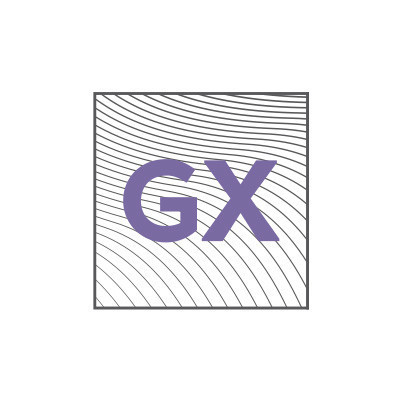The Ethos of Crowdsourcing Can Improve Services
The beauty of using crowdsourcing models to supply labor and new ideas at the services level is that it allows for a nimble approach to change – exactly what is missing in many government service sectors
Few can argue with the assertion that the internet has transformed the way we work. From telecommuting to the ease of collaborative writing, the internet has enabled new labor sectors while streamlining existing ones. As with most things related to the contemporary technology space, there is also a slew of new buzzwords related to work powered by the internet. One of the most notable of these developments is crowdsourcing. Surprisingly, the ethos and intellectual scaffolding around crowdsourcing can have an important imprint on the future of government services as well as the labor sector.
Before we unpack all these changes as they pertain to services, let's review some definitions of crowdsourcing. At its simplest, crowdsourcing is about mobilizing the right ideas, resources, expertise, or funds to a project or cause in order to deliver a goal or reach a target in a more efficient manner. The name of the game here is collective mobilization. In this day and age, however, a single definition for a new buzzword can be elusive. Crowdsourcing has developed in myriad human-centric ways to indicate collaboration and our ability to work in an increasingly connected world.
Popular manifestations of crowdsourcing include new professions designed around connecting people. Applications that match people willing to do simple tasks for an agreed-upon price come to mind. Using social media to poll a large number of people about a specific decision (or to find employees) is also considered to be crowdsourcing. Underlining all of these applications is the idea that people are connected like they have never been before and it makes a great deal of sense to use that connection to solve problems.
That brings us to the realm of government services. Using technology to push the sector forward, the challenge in refining service delivery today is how best to streamline the customer experience while delivering results. Never before have governments had so much information and data on residents. Never before have governments had the ability to connect with the people they represent in such a direct way. We might as well use these new powers to make interactions as frictionless as possible. That is where the ethos of crowdsourcing comes into the frame.
If crowdsourcing is about passions, talents, skills, and tangible resources, then surely it has a big role to play in the realm of government services. As artificial intelligence and machine learning free up workers by taking care of simple data-driven tasks, then finding the right talent for customer service positions is going to be critical. Using crowdsourcing methods to match people with the right jobs in this new customer-oriented services sector makes a lot of sense.
Indeed, as the nature of employment at the government level transforms, matching talent and passion for new jobs is going to be critical. Consider Dubai’s recently announced 50-year plan for the development of the Emirate. In the detailed plan, Sheikh Mohammed bin Rashid lays out several goals and articles to continue the improvement of the community of Dubai for generations to come. Most notably, there is a commitment to maintaining Dubai’s economic growth through the creation of specialized geo-economic zones and a long-term program aimed at creating new income streams for citizens. Not only are these projects going to require a dynamic government sector but there will need to be a new ethos of crowdsourcing to accommodate the new streams of employment flourishing in the Emirate.
The modern economy is fast moving and can change at a moment’s notice based on new innovations and technologies. The same can be said for the most progressive government service sectors around the world. The beauty of using crowdsourcing models to supply labor and new ideas at the services level is that it allows for a nimble approach to change. You can easily find people with the right skills for the job at hand in a crowdsourced model. An openness to adapt and change is at the core of offering a positive customer experience that changes with customer needs.
This is exactly what is missing in many government service sector and why the technological changes underway are so exciting for the industry. The ethos of collaboration, through the crowdsourcing model, is one critical part of a larger strategy of change.





No Comments